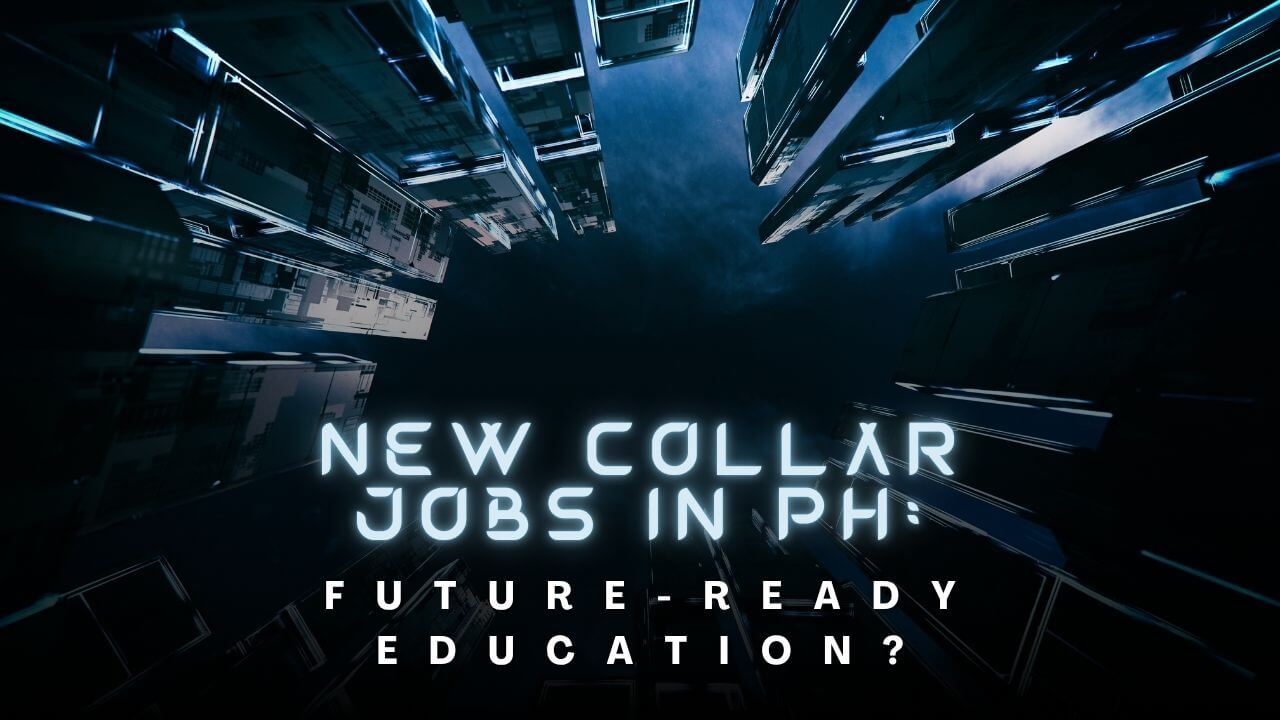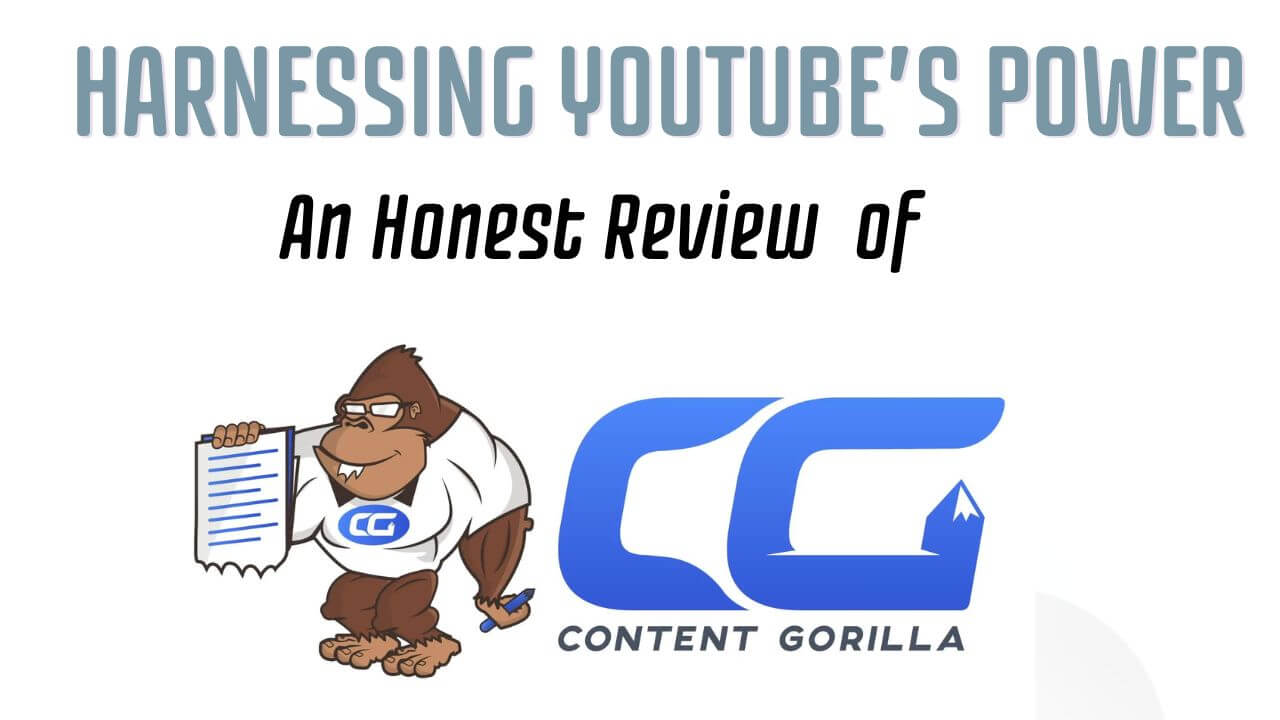Source: MSN Technology – “Beyond Copilots: The Agentic AI Revolution on the Frontline”
🚨 The Shift: AI That Doesn’t Just Help—It Acts
In a recent feature by MSN, the spotlight moves from AI “copilots”—tools that assist when prompted—to agentic AI, a new generation of systems that take initiative, make decisions, and solve problems without waiting for human instructions. These agents are being deployed across hospitals, warehouses, and customer service desks—not to replace workers, but to coordinate, adapt, and act.
But here’s the twist: while tech leaders call this a revolution, millions of frontline workers have been doing this kind of improvisational problem-solving for decades. The real question isn’t “Can AI act?” It’s “Why did it take so long for technology to catch up to human diskarte?” (Translation: resourceful improvisation)
🧠 Too Cryptic? Explain Like I’m 12
Imagine you’re playing a video game.
- A copilot AI is like your friend who gives you hints when you ask.
- An agentic AI is like a teammate who sees the problem, grabs the right tool, and fixes it before you even notice.
Now imagine that teammate works in a hospital, a school, or a delivery hub. They don’t just wait for instructions—they solve problems, organize tasks, and make decisions. That’s agentic AI. It’s not just smart—it’s responsible.
🧭 The Global Reality: Workers Have Been Agentic All Along
The MSN article notes that 80% of the global workforce—retail, healthcare, hospitality—is underserved by current tech. These are the workers who:
- Memorize inventory because the system crashed years ago
- Coordinate logistics with nothing but a phone and a spreadsheet
- Manage households, remittances, and emotional labor across time zones
They don’t wait for instructions. They act. They adapt. They lead. That’s human agency, and it’s been quietly powering the world long before AI learned to autocomplete.
⚙️ The Ethics: If AI Acts, It Must Be Accountable
Agentic AI isn’t just about automation—it’s about trust. The MSN piece warns that these systems must be:
- Transparent: Users should know what decisions are being made and why
- Fair: No bias, no exploitation, no hidden agendas
- Opt-in: People must choose to delegate—not be silently overridden
In simpler terms: if AI is going to act on our behalf, it must behave like a good teammate. Not a boss. Not a spy. Not a shortcut.
🌍 The Opportunity: Human Agency + AI Initiative
This isn’t a battle between humans and machines. It’s a chance to amplify human agency—especially for those who’ve been solving problems with limited tools and zero recognition.
🧩 Final Thought: The Most Powerful Agents Aren’t Artificial.
Before we outsource our decisions to bots, let’s remember: The most powerful agents in the world aren’t artificial. They’re real, resilient, and often underpaid.
Agentic AI isn’t just a tech trend—it’s a mirror. And what it reflects depends entirely on who gets to shape it.
Can AI become self-aware? That’s a fascinating question—but one for another day. Today, we’re focused on the humans who already are.







